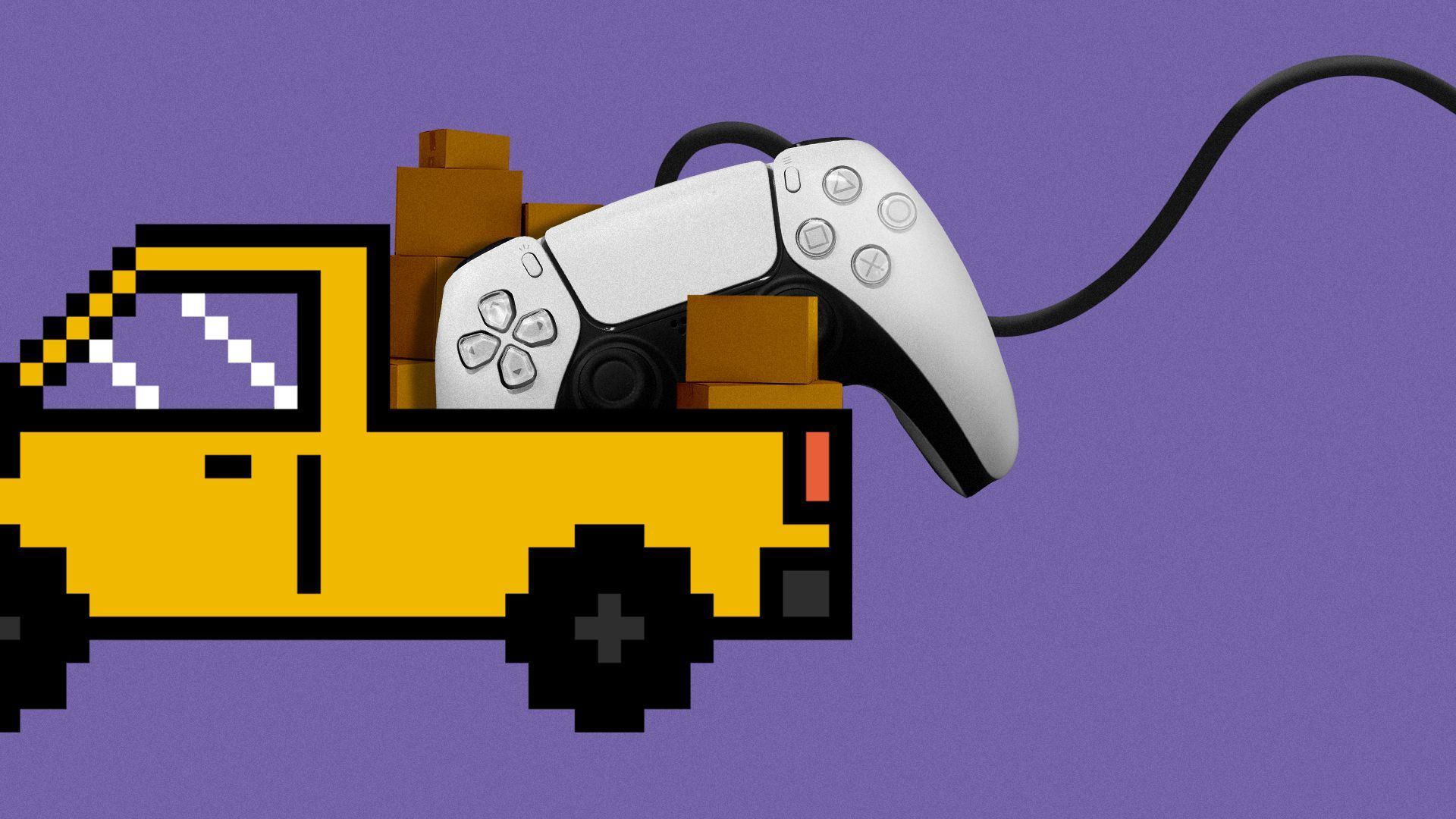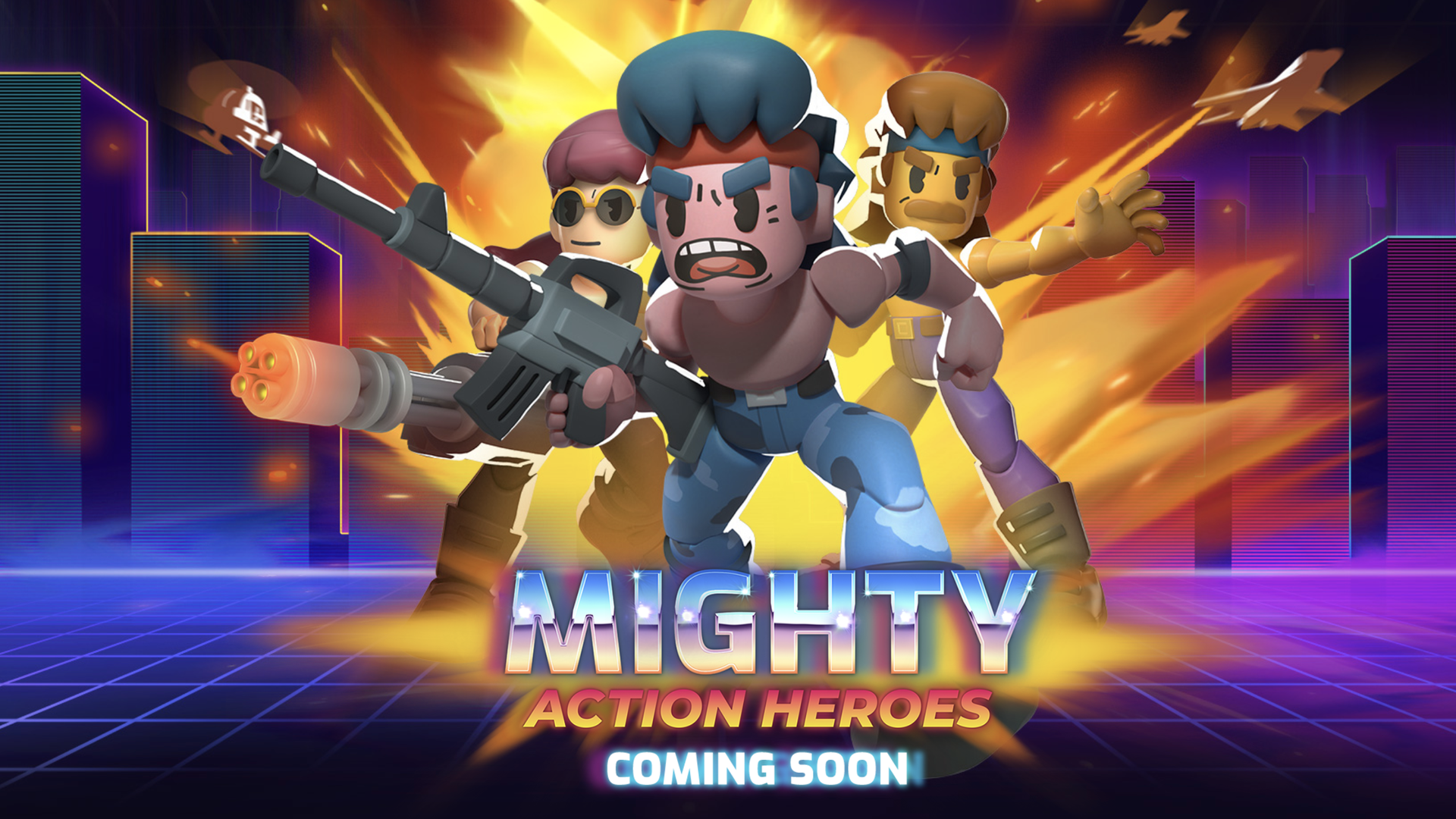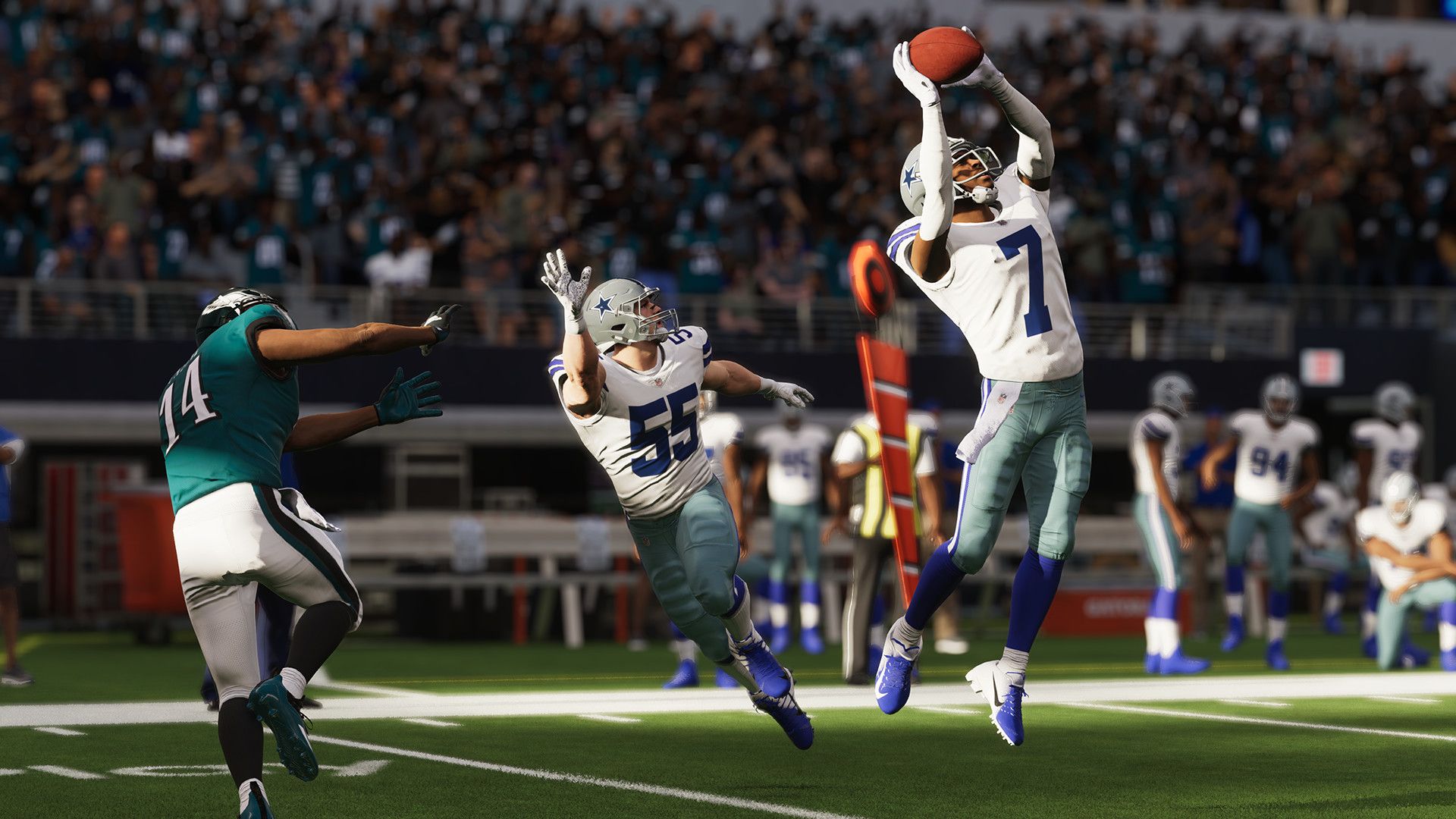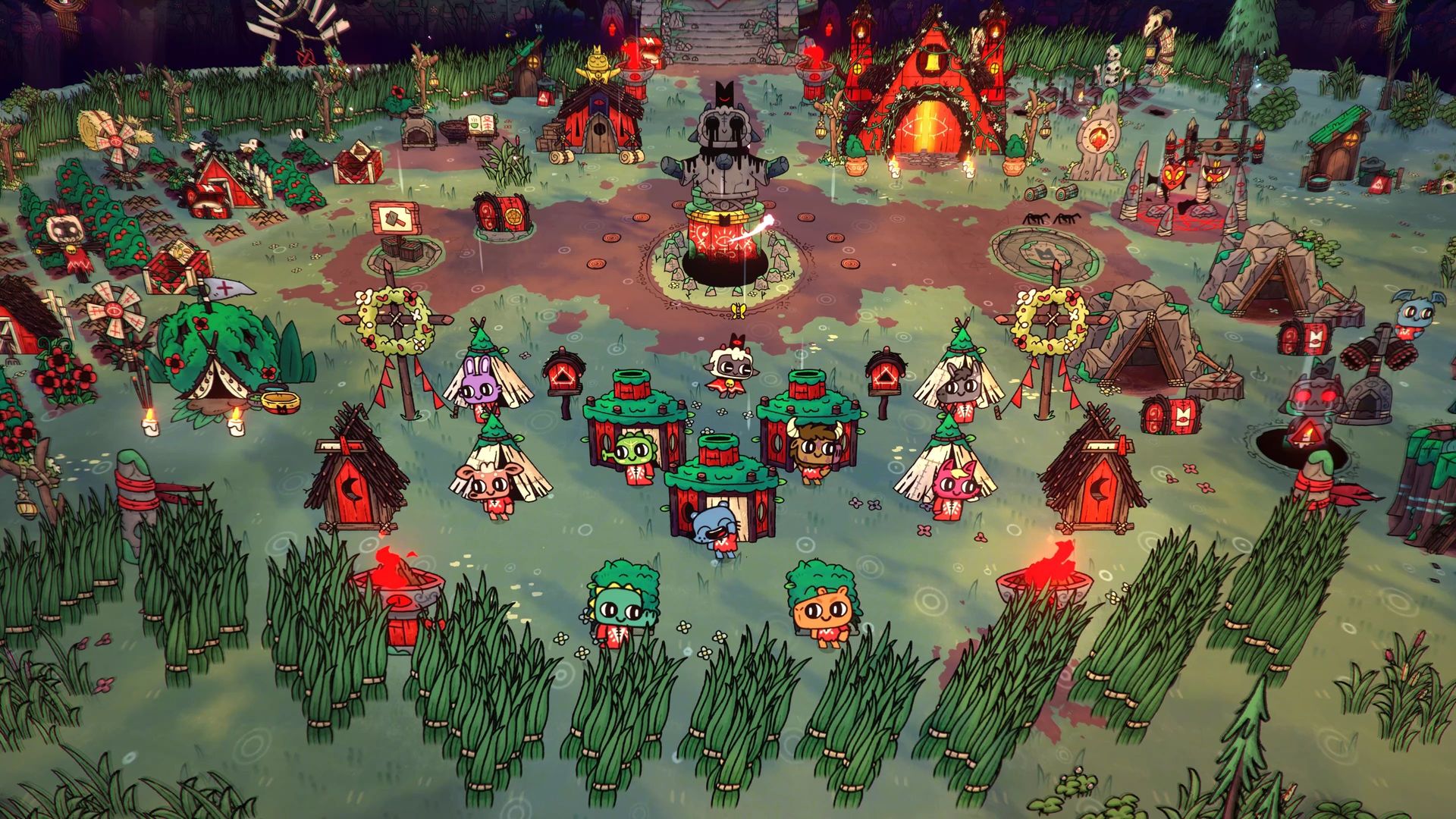August 11, 2022
Happy Thursday.
The Super Mario Bros. world record is down to 4:54.798. Know anything else that's just under five minutes?
Today's edition: 1,255 words, a 4.5-minute read.
1 big thing: U.S. PlayStation sales migrate out of big cities

Illustration: Lindsey Bailey/Axios. Photo: Bloomberg/Getty Images
Sales of PlayStation products have migrated along with the U.S. population, out of large metro areas to smaller cities, according to a Sony executive who believes the migration is tied to pandemic-related population shifts.
Why it matters: One way to understand what has happened in the country over the past few years is to see where people are buying stuff.
- But input on that topic from the games industry — as opposed to, say, Shake Shack — is highly surprising.
- Game companies are stingy about publicly announcing sales performance in individual countries, let alone sharing more specific insights about movement in U.S. states.
What they’re saying: “There is a geographic shift in sales,” said Sony Interactive Entertainment’s director of business insights Doug Evans, in a webinar with the logistics firm Alloy late last month that has not been previously reported.
- “I have to attribute that to the migration because of the pandemic."
- Evans wasn't necessarily talking PS5s here, which he noted are flying off the shelves wherever Sony is able to stock them.
- But store-level tracking can still be useful for Sony to learn how accessories and other products sell.
His findings: Evans said he compared PlayStation sales data from the first half of 2019 to the first half of 2022.
- ⬇️ There was a “significant drop” in “New York, Brooklyn, The Bronx, Chicago and Miami” that took increases in 33 other cities to fill. (It was unclear if “New York” means Manhattan; Sony didn’t reply to a request for comment on this story.)
- ⬆️ This contrasts with an increase in sales in smaller metro areas, “places like Fayetteville and Memphis and Jacksonville and a lot of small cities in Florida and Texas and so on.”
Those shifts match the U.S. Census Bureau’s reports on population migration from 2019 to 2021.
- The New York and Chicago areas both made the top 10 U.S. regions with the largest domestic migration to other parts of the country.
- Fayetteville, North Carolina, and Jacksonville, Florida, both made the census' list of regions with the largest net domestic migration.
2. How to make a better NFT game (maybe)

Image: Mighty Bear Studios
Web3 gaming still has its upsides, if done right with more focus on game quality, veteran developer Simon Davis tells Axios.
Why it matters: The NFT/Web3/blockchain part of the games industry has billions of dollars of investment but is surrounded by skeptics.
- For some, a lack of hits — and players — is proof that the sector is a dead end, offering a technology that doesn’t inherently make games better.
- For others, including Davis — whose company Mighty Bear just announced a $10 million investment to make a Web3 game — that’s just proof it’s early days.
What they’re saying: “When we get the first genuinely world-class experience in Web3 with a low enough barrier to entry and a low level of friction, we'll be there,” Davis tells Axios.
- Reminder: Web3 gaming is another way of saying gaming that is tied to cryptocurrencies. These games often involve the ability to buy and sell in-game items, characters and land in the form of non-fungible tokens, or NFTs.
Some key problems hold Web3 games back, Davis says.
- Many such games assume everyone wants to get into crypto or cares about it, requiring sign-ups for wallets and acquiring tokens before you’re playing. The game from Davis’ team, a battle royale called Mighty Action Heroes, will let people access it as a standard free-to-play game, with the chance to play with NFT-based gear as an additional option.
- NFT-based games tend to focus on their marketplace and draw players who are thinking of investment first, Davis has observed. “To me, that's not healthy,” Davis says, emphasizing the need for the players to have fun playing them.
Davis is hopeful that Web3 could change the financing of games and even improve the dev-player relationship.
- Teams making standard free-to-play games constantly need to turn out new content that they then pressure players to buy, he says. That “basically puts the studio in conflict with the players.” (Davis has worked in free-to-play for years).
- For a Web3 game like his, Davis believes a team can forgo that model and sustain itself by taking a cut of sales of in-game items that players sell to each other. For his game, those items might be cosmetics or rewards otherwise earned through playing the battle royale’s seasons.
What’s next: A playable build of Mighty Action Heroes should launch by year’s end.
3. Need to know
🤔 A labor complaint against Nintendo and contracting firm Aston Carter has been filed to the National Labor Relations Board, the second such complaint this year, we reported.
💰 Microsoft says Sony pays “blocking rights” to keep games off its Game Pass service, according to a filing to Brazilian regulators, The Verge reports.
🎮 Take-Two has delayed Midnight Suns from its October release, now just promising the PC and new-gen versions by the end of March.
❤️ Unity’s board will consider a $17 billion, all-stock merger offer from AppLovin, but analysts are skeptical the company will go for it.
🟩 The New York Times wants to increase advertising in its puzzle games, including possibly adding ads to Wordle, Axios’ Sara Fischer reports.
🔵 The third Sonic the Hedgehog movie has a release date: Dec. 20, 2024.
4. The week ahead

Madden NFL 23. Screenshot: EA
Are you ready for some … more Kirby games?
Friday, Aug. 12
- Marvel’s Spider-Man Remastered (PC) is released.
- THQ Nordic’s annual online showcase is held.
Saturday and Sunday, Aug. 13 and 14
- For esports fans, we recommend a skim of Juked's calendar for the weekend’s events.
Monday, Aug. 15
- Fashion Police Squad (PC) is released.
Tuesday, Aug. 16
- Rollerdrome (PlayStation, PC) and Madden NFL 23 (PC, PlayStation, Xbox) are released, though Madden is just for people paying extra to play early. It’s out Friday at regular price.
- The Official Halo Cookbook is released too. Yum!
Wednesday, Aug. 17
- Kirby’s Dream Buffet (Switch) is released.
Thursday, Aug. 18
- The Embracer Group reports quarterly earnings.
- Cursed to Golf (PC) is released.
- QuakeCon begins. The annual event is digital-only this year.
- The Pokémon World Championships begin in London.
Friday, Aug. 19
- It’s Madden day (for those not celebrating on Tuesday).
5. I played that

Cult of the Lamb. Screenshot: Massive Monster
Today’s micro-impressions are about Cult of the Lamb, the latest riff on the rogue-lite.
- The core idea of these action-packed games is that you repeatedly make runs through several levels, fighting enemies and inevitably dying, but accruing loot and power that make the next run easier.
- In these games, the levels you play through are usually randomized in some way, mixing the nervous balance of risk and reward with the surprise of how each run will unfold.
For Cult of the Lamb (2 hours this week on PC, console), the randomized runs involve your character, a lamb, venturing into some sort of hellish world to fight monsters and rescue animals who will then join a cult to worship … you.
- The twist, aside from the theme, is that half the game is spent outside of the randomized runs, managing the activities of the cult as they chop wood, mine stone, help build structures and attend your sermons.
- As others have said, that half feels like Animal Crossing, if Tom Nook and Co. were all in a cult.
I like the gameplay mix, though I’m undecided on how I feel about the theme.
- Utilizing concepts like faith and conversion in a game introduces some interesting but creepy dynamics, like whether I want to authorize ritual sacrifice and get my cultists to be excited about it.
- Truth is, I’m kind of hoping the cultists come to their senses and revolt.
🎁 Like the newsletter? Refer Axios Gaming to your friends to spread the word and get free stuff in the process. Follow the link here to begin.
🐦 Find me on Twitter: @stephentotilo.
Recently migrated out of a big city too.